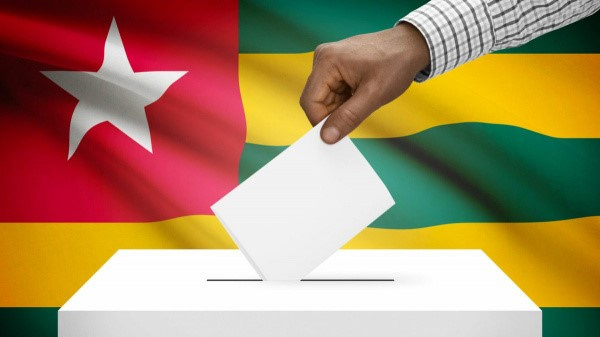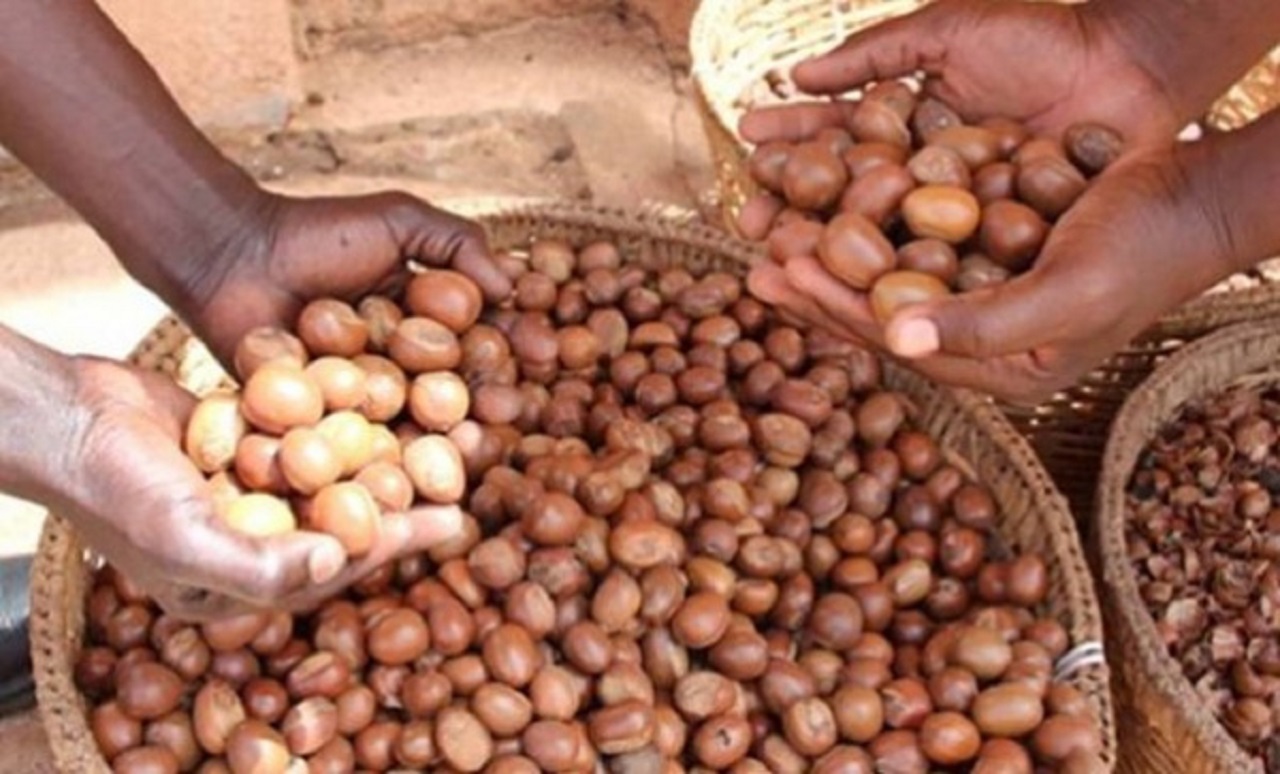Togo is holding its first-ever senatorial elections this Saturday, February 15, 2025, a landmark event under the country’s new parliamentary system. The vote follows the adoption of a controversial constitution in April 2024, which has faced strong opposition criticism.
The newly established Senate will consist of 61 members. Of these, 41 will be elected indirectly by regional and municipal councilors, while the remaining 20 will be appointed by the President of the Council of Ministers.
Under the new constitution, passed by the National Assembly in April 2024, Togo has abolished direct presidential elections. The role of President of the Republic will now be largely ceremonial, while executive power will be concentrated in the hands of a President of the Council—who must be the leader of the majority party in the National Assembly.
This change cements the dominance of Faure Gnassingbé, who has ruled Togo since 2005 after succeeding his father, who led the country for nearly 38 years. His party, the “Union pour la République” (Unir), secured a landslide victory in the April 2024 legislative elections, winning 108 out of 113 seats, according to the EC.
However, opposition parties denounced the election as a “fraud” and called for mass protests, but demonstrations against the new constitution were largely stifled. Authorities prevented opposition leaders from organizing rallies.
Accusations of Power Consolidation in Togo
Critics, including opposition parties and civil society groups, argue that the constitutional reform is a maneuver to keep Faure Gnassingbé in power indefinitely. Under the previous system, he would have been limited to a final term in 2025.
Government supporters, however, defend the changes as a step toward greater political representation. “The Senate will help decentralize public power and strengthen citizen participation in governance,” said Mazamesso Wella, a public law researcher at the University of Lomé, in a televised interview.
Boycott of the first Senate elections and Media Restrictions
A total of 89 candidates are competing for the 41 senatorial seats in Saturday’s elections. Nevertheless, major opposition parties, including the “Alliance Nationale pour le Changement” (ANC), the FDR (les Forces démocratiques pour la République) and the DMP ( la Dynamique pour la majorité du peuple) a coalition of political parties and civil society organizations—have boycotted the process.
On Wednesday, the ANC reiterated its “firm rejection of this undemocratic process, which aims to install an illegal and illegitimate republic,” in a letter to the electoral commission.
Meanwhile, several international media outlets have raised concerns over press restrictions. Foreign journalists have reportedly been denied accreditation to cover the elections, continuing a trend from the April 2024 legislative and regional polls.
Once the Senate is in place, Faure Gnassingbé is expected to be officially designated as President of the Council. The new parliament, composed of both MPs and senators, will then elect a largely symbolic President of the Republic.




